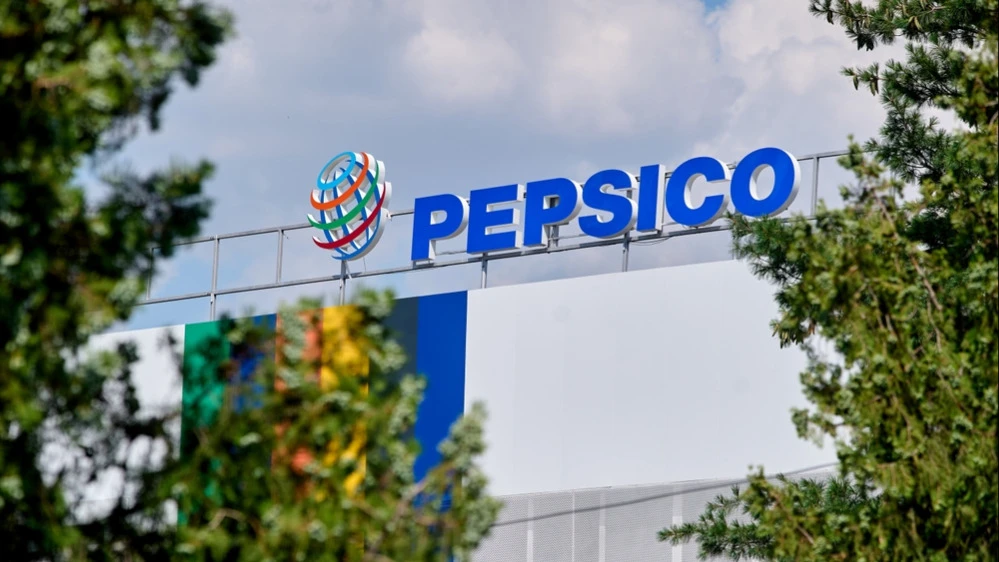PepsiCo has a major activist investor. Why does he believe the stock is up 50%?
The Elliott Fund, which has invested $4 billion in the company, will push to refranchise PepsiCo's bottling business and sell non-core assets

Activist fund Elliott Investment Management has become one of the largest shareholders of soda maker PepsiCo. The new investor says the struggling company's securities have a "rare" opportunity to go bullish - if PepsiCo takes an example from its main competitor.
Details
Elliott Investment Management, the fund founded by Paul Singer, said it bought a stake in PepsiCo valued at $4 billion, making it one of the five largest investors in PepsiCo, not counting index funds, according to FactSet, CNBC writes.
Elliott sent a presentation with his ideas to PepsiCo's board of directors on September 2. According to the fund's calculations, if his ideas are implemented, PepsiCo's stock could rise by at least 50%.
"While the situation is unfortunate, it is this unfavorable trajectory that creates a historic opportunity: with the right approach and a sufficiently ambitious transformation plan, PepsiCo today represents a rare chance to revitalize a leading global company and unlock significant value for shareholders," the fund said in its letter.
Elliott suggests that PepsiCo refranchise its bottling business "as its closest competitor has done" and consider optimizing its portfolio by selling non-core and underperforming assets.
PepsiCo's bottling refranchising proposal has caught the attention of investors, MarketWatch writes. Coca-Cola refranchised its bottling business in 2017, after which its margins surged, noted Jim Osman, founder of Edge Group, a website that analyzes activist investor ideas.
PepsiCo in response said it would consider Elliott's ideas, CNBC reports. On the news of the emergence of investor-activist quotations of PepsiCo in trading on September 2 at one moment jumped by 6%, but by the end of the day reduced growth to 1.1%.
How's the company doing
PepsiCo is facing stiff competition and falling demand for its products. By last year, Pepsi had fallen from second to fourth place in popularity among sodas in the U.S., passing Dr Pepper and Sprite (owned by Coca-Cola).PepsiCo's grocery business (Lay's and Doritos chips and Quaker Oats), once the company's growth engine, is also under pressure, according to The Wall Street Journal. PepsiCo's problems are exacerbated by duties and consumers' growing price sensitivity.
This is taking its toll on stocks. PepsiCo's papers have fallen in price by about 1% this year, while Coca-Cola's shares have grown by more than 10%. The gap over the past two years is even more significant: PepsiCo's stock fell 13.5%, while Coca-Cola's rose 15.9%.
PepsiCo has been aggressively cutting costs and seeking to improve profitability in recent months. It closed two food plants in North America in the second quarter, is working to improve transportation and logistics efficiencies, and is reviewing its approach to marketing spending, CNBC reported. In July, PepsiCo reported quarterly earnings and revenue above analysts' expectations, saying weak demand in North America will recover as it implements new strategic initiatives.
What Elliott is known for
As of June 30, Elliott had about $76.1 billion in assets under management. In April, the fund acquired a stake worth more than $1.5 billion in Hewlett Packard Enterprise, saying it intends to work with the company to increase shareholder value.
The fund is also a major shareholder in Phillips 66 and Southwest Airlines and is pushing for changes in those companies. Elliott is widely known for a protracted 15-year legal battle with the Argentine government over defaulted bonds that ended in a $2.4 billion payout - a huge profit over the original investment.
This article was AI-translated and verified by a human editor
